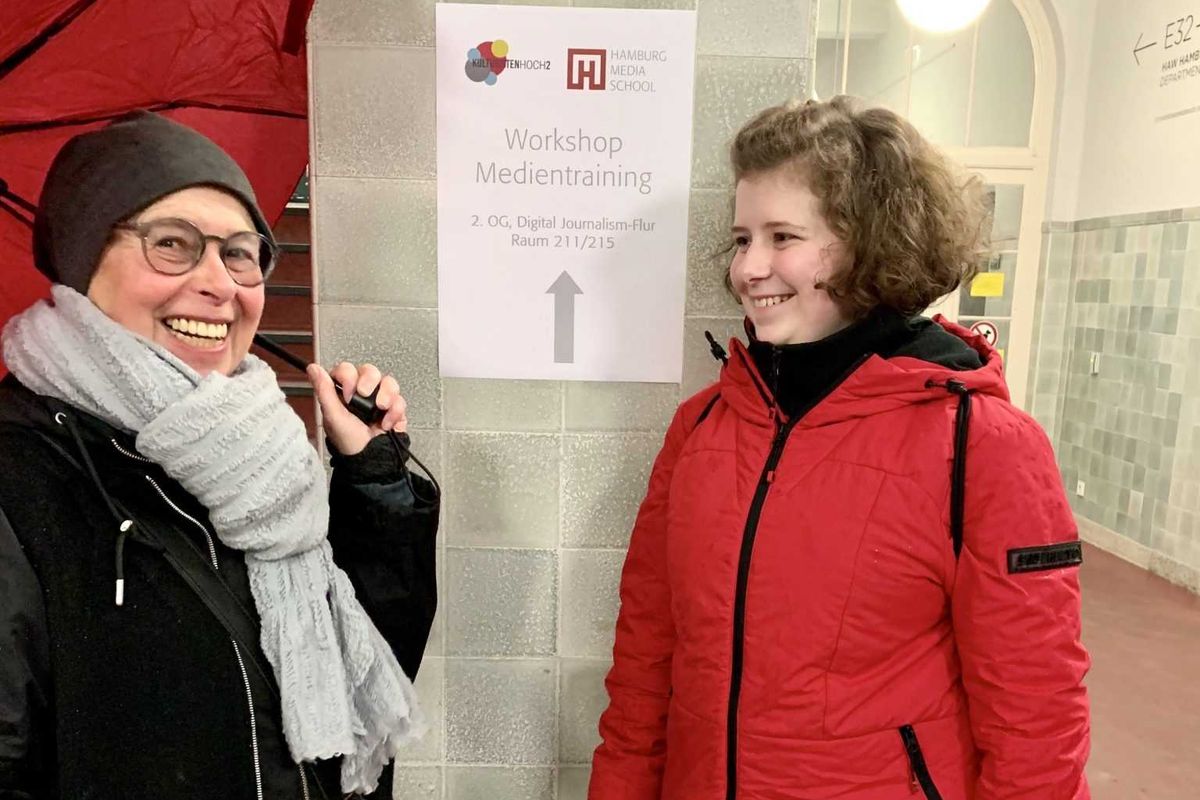Comedian gets serious on why Millenials say life hasn't felt like 'reality' since 2020
He also shares tips on how to return to reality.

Mike Mancusi shares why life doesn't feel real anymore.
Comedian Mike Mancusi struck a chord on TikTok and Instagram with a post explaining why many people, especially Millenials, think life hasn’t felt like “reality” since the beginning of the pandemic four years ago.
"The cause of this phenomenon is the fact that we're not living life in reality anymore," Mancusi claims. "2020 smashed our existences into our phones and into the digital world and we are no longer existing in our physical space.”
He adds that our lives now feel more like a "video game" and that we're exposed to all of the "awful things that everybody across the entire world deals with all the time” instead of being concerned with things in our “circle of influence.”
“We are still organic beings and our brains have been completely connected to this artificial device. ... We'll eventually be cyborgs,” the comedian said.
Life hasn't felt like reality since 2020
@mikemancusi Life hasnt felt like reality since 2020 #existentialcrisis #existentialism #existential #2020 #technology #millennials #millennial
He adds that even when we break out of our digital routines and go on vacation, our phones are still top-of-mind. We fear we’re missing out on something on social media and feel pressured to take photos and share the trip online.
"We are no longer actually living life in our physical space, we are living it through the phone. This is why life does not feel like reality,” Mancusi said. “Life just seems to disappear when you are trapped in a routine ... a routine of our brains being completely connected to whatever is happening within this device."
Mancusi’s bottom line is simple: You're addicted to the phone. Return to your physical spaces.
Upworthy spoke with Mancusi and he shared his thoughts on how people can break the cycle of smartphone addiction and return to reality. He believes that we are all suffering from some form of smartphone addiction.
"[Smartphones are] an addiction that has caused a lot of change in your brain chemistry. The process of adjusting your behaviors can be long and challenging. If you've been scrolling your phone endlessly for 4 years, the process of getting back to the real world is not going to happen in 3 days," he told Upworthy.
He believes that smartphone addiction is incredibly challenging because, much like food addiction, it's impossible to go "cold turkey."
"People need to re-adjust their relationship with their phones and incorporate strict limitations," he told Upworthy. "For example, I won't scroll between the hours of 9 and 12 a.m. Any time I go out to dinner with my wife, I won't bring my phone. When I take the dog to the park, I won't bring my phone. I'm blocking Instagram access while I'm at work."
In the end, Mancusi believes that we need to retrain our brains to find joy in our physical lives, which have been diminished by the quick and easy dopamine hits we get from our smartphones.
"Your brain has been wired only to get joy from an unhealthy thing," he told Upworthy. "It has been intentionally altered by tech executives. Re-training your brain to enjoy your physical space is a process that will take time, but for those who invest in it, it will pay off in the long term when you align your happiness with healthier, tangible things. Find the things that you love to do in life and re-train yourself to love them again."
- Indian village takes a digital siesta for a few hours every day so that people talk to each other ›
- Julia Roberts' 'simple rules' of parenting prevented her children from ... ›
- March 3 is National Unplugging Day. We asked a therapist why it’s more important than ever. ›
- How a simple image can eliminate a huge form of anxiety - Upworthy ›



 A UPS truck with package deliveries.Image via Wikipedia
A UPS truck with package deliveries.Image via Wikipedia
 Cher was the biggest phenomenon on the planet for the better part of the '70s and '80s.Casblanca Records/
Cher was the biggest phenomenon on the planet for the better part of the '70s and '80s.Casblanca Records/

 A high school volunteer with her senior "tandem."
A high school volunteer with her senior "tandem."  KH2 makes leaving the house more accessible to senior citizens.
KH2 makes leaving the house more accessible to senior citizens.  Many "culture buddies" stay in contact after the program ends.
Many "culture buddies" stay in contact after the program ends.  KH2 provides students with excellent life skills and lasting connections.
KH2 provides students with excellent life skills and lasting connections. 
 Parents posing with their young kids on a basketball court. via
Parents posing with their young kids on a basketball court. via